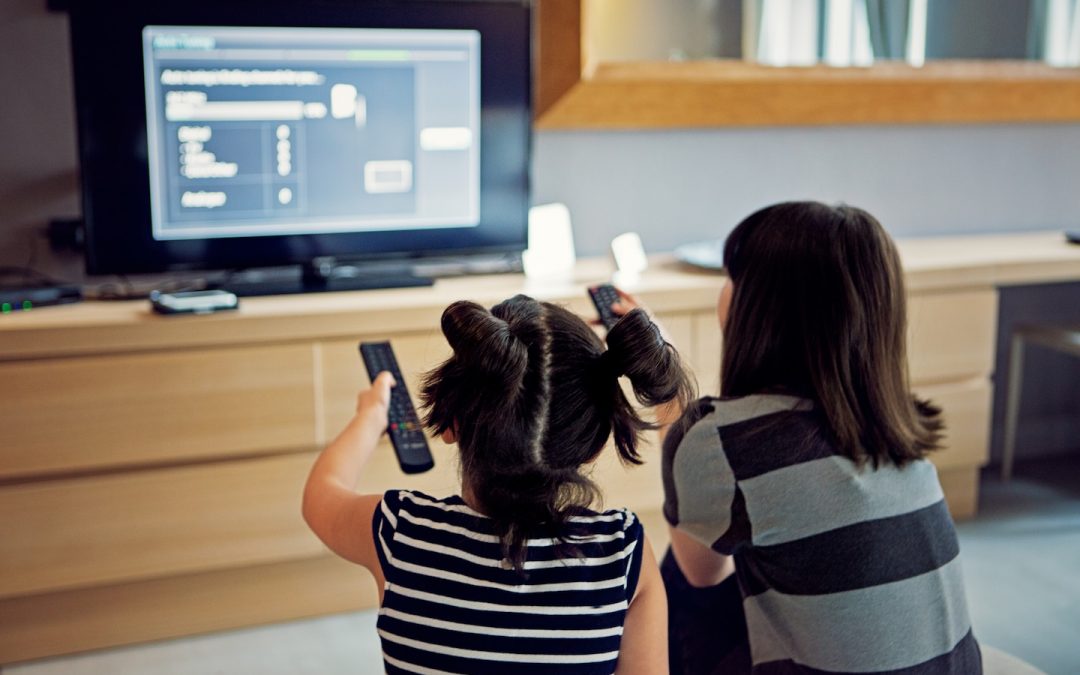Love is no longer sharing a Netflix password. That’s the message from streaming giant Netflix, who is now cracking down on account sharing. What does this mean for those who have been using shared Netflix passwords to connect with friends, family, and lovers?
Netflix recently updated their Help Center page to state that users must connect to their Wi-Fi networks at their primary location at least once every 31 days to ensure their devices still have access to their account. Devices that are not associated with the account’s primary location may be blocked from Netflix, unless the account owner pays more to add an extra member.
The policy sparked outrage with global users, and Netflix has since clarified that the policy hasn’t been implemented everywhere yet. Nonetheless, many users are lamenting the end of an era and recalling stories of love, friendships and breakups made possible by shared passwords.
The policy has been criticized for misunderstanding modern households, which often include long-distance couples or families with children at college, as well as individual users who travel for work or don’t have one stable residence. It has also been criticized for the inconvenience of having to re-login to Netflix every 31 days to affirm their primary location and credentials.
Netflix has argued that “monetizing unpaid viewing” is essential to its future. The company has acknowledged that it could face a wave of initial cancellations as a result of cracking down on password sharing. However, citing some success in growing engagement in Latin America following the paid sharing test it rolled out last year, the company said that “as borrower households begin to activate their own stand-alone accounts and extra member accounts are added, we expect to see improved overall revenue.”
As Netflix continues to crack down on account sharing, users must decide if the inconvenience of having to re-login to Netflix every 31 days to affirm their primary location and credentials is worth it.
What Does Netflix’s Crackdown on Password Sharing Mean for Users?
Source: www.washingtonpost.com
